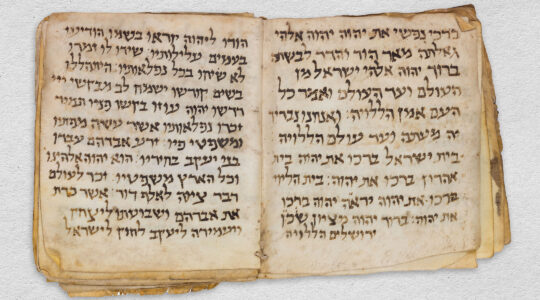Between the late 1930s and 1956, if you were a Jewish immigrant on the Lower East Side and had a problem with your mother-in-law, your kosher meat, or your mattress, there was no need to keep your grievances to yourself. Thanks to Rabbi Shmuel Aaron Rubin’s Jewish-American Board of Peace and Justice, you could pour your heart out on the airwaves of Yiddish radio station WEVD.
Rabbi Rubin, an émigré from Palestine, started his “court of the air” once he realized there was no place for new Jewish immigrants to mediate problems that arose from the clash between the new world and the old. Guests, often married couples, came to pose their problems in English, and Rubin responded in Yiddish. The meat and potatoes of live mediation, it seems, hasn’t changed much since the thirties: Rubin advised women whose suitors wouldn’t marry them, patients who claimed their dentists had taken too many teeth, and daughters who were reluctant to care for their aging mothers.
Although the Board of Peace and Justice had no real legal staying power, Rubin’s guests often almost forgot that a 16mm disc was being cut of their most personal problems, and Rubin used their frankness to teach his listeners a thing or two about family duty and reciprocity. And all without so much as a slam of the gavel. Eat your heart out, Judge Judy.
___
Watch Rabbi Rubin’s protegee, Judge Judy, at work:
Get a shot of Jewish in your inbox. Sign up for the daily Jewniverse email.
JTA has documented Jewish history in real-time for over a century. Keep our journalism strong by joining us in supporting independent, award-winning reporting.





